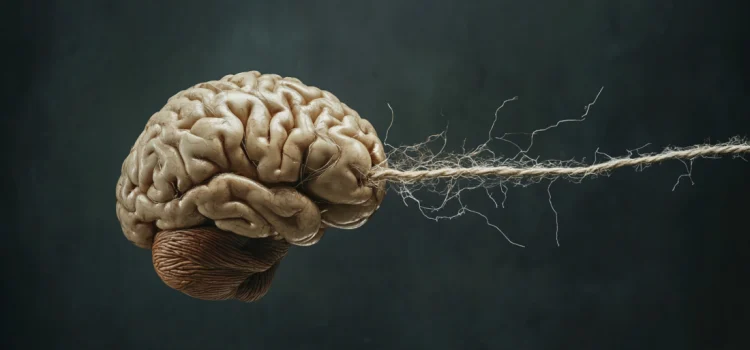How do mindbody disorders develop? What happens when the mind tries to suppress deep-rooted emotions? According to John E. Sarno, repressed stress and unconscious emotional factors like anger, anxiety, or trauma can lead to physical symptoms. These physical symptoms then manifest into mindbody disorders. Continue reading to learn how mindbody disorders progress over time.
Mindbody Disorders: How They Develop From Emotional Issues










